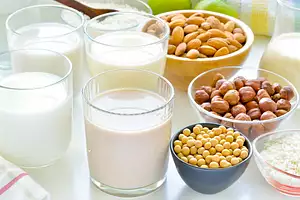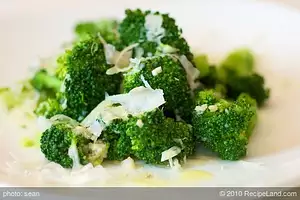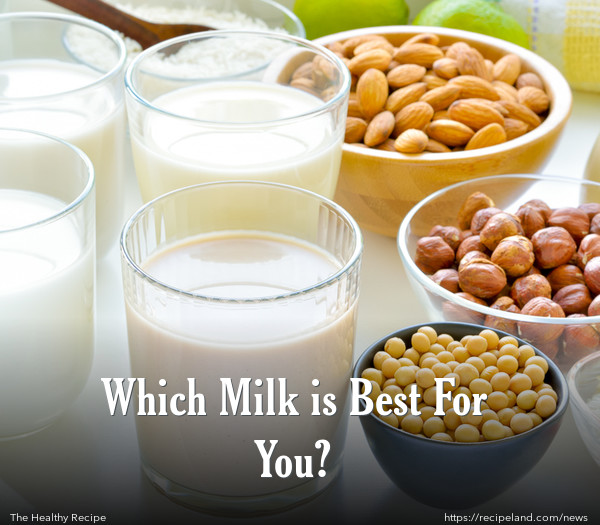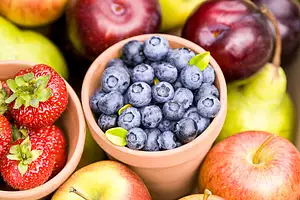Is soy milk a healthier option for your diet than cow’s milk? Many people have cut cow’s milk from their diet, thinking it causes high cholesterol, weight gain, and mucus production. However, there are benefits and drawbacks to both soy and cow’s milk.
Soy milk is cholesterol-free and contains less saturated fat than cow’s milk. It lowers your LDL (low density lipoprotein), which reduces your risk of heart disease. Soy is an excellent source of low-fat, plant-based protein. Soy milk is also a good source of iron, fiber, and other vitamins that are not found in cow’s milk.
Although calcium-fortified soy milk is now widely available, cow’s milk contains more calcium than soy milk. The calcium from cow’s milk is also easier to absorb than calcium from soy milk. Your body needs calcium to build strong bones and protect against osteoporosis.
Cow’s milk is also an easily absorbable source of vital nutrients, such as vitamin B12, vitamin A, and vitamin D. Make sure you include only low-fat or fat-free cow’s milk in your diet. Full fat milk can increase your cholesterol and contains saturated fat.
Ultimately, both soy milk and cow’s milk are high-quality sources of both protein and calcium. The only reason to avoid cow’s milk completely is if you have a lactose intolerance or dairy allergy.
The Health Promotion Board defines lactose intolerance as “symptoms such as flatulence, bloating, abdominal pain, and diarrhoea that occur after excessive intake of lactose relative to the body’s ability to break down by the intestinal enzyme lactose.” Lactose is a sugar that is found in milk and dairy products.
Lactose intolerance is quite frequent amongst Asian children in Singapore. However, this does not mean that they should stop eating and drinking dairy products. The Health Promotion Board recommends that parents continue to give their lactose-intolerant children dairy products on a regular basis, especially cheese and yogurt.
Dairy products are an essential source of calcium for these children. Only if your child cannot tolerate dairy at all, should you completely remove cow’s milk and foods made with cow’s milk from their diet.
There are only a few situations that would require you to exclude soy milk and soy-based products from your diet. If you have an allergy to soy, you should clearly choose an alternative.
However, women who have been diagnosed with estrogen receptor-positive breast cancer should also avoid soy-based supplements and foods.
Soy milk is a vital source of phytoestrogens. These phytoestrogens reduce the risk of breast and prostate cancer. They also can reduce the symptoms of menopause. Phytoestrogens are only found in plant foods, like tofu and other foods made from soybeans.
Most Singaporeans do not need to choose between soy milk and cow’s milk. Instead, they should include both in their diet. Consuming both cow’s milk and soy milk products each day ensures that you are getting vital nutrients, such as vitamin A, vitamin D, vitamin B12, and phytoestrogens, as well as easily absorbable calcium and low-fat protein.
SOURCES: https://www.healthxchange.com.sg/healthyliving/DietandNutrition/Pages/Soy-Vs-Dairy.aspxhttps://www.abc.net.au/health/talkinghealth/factbuster/stories/2011/11/10/
3358951.htm;https://www.hpb.gov.sg/HOPPortal/persona_article/Educator___2924










Comments